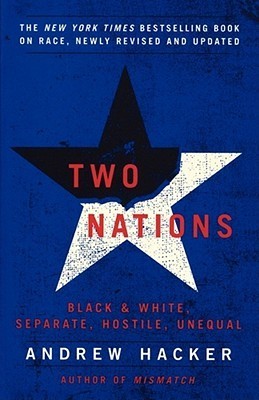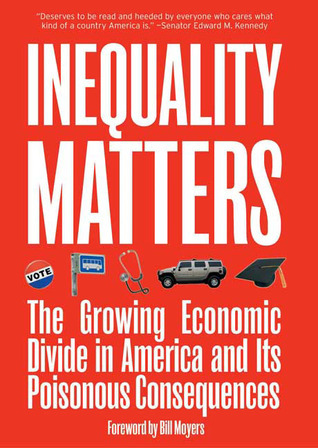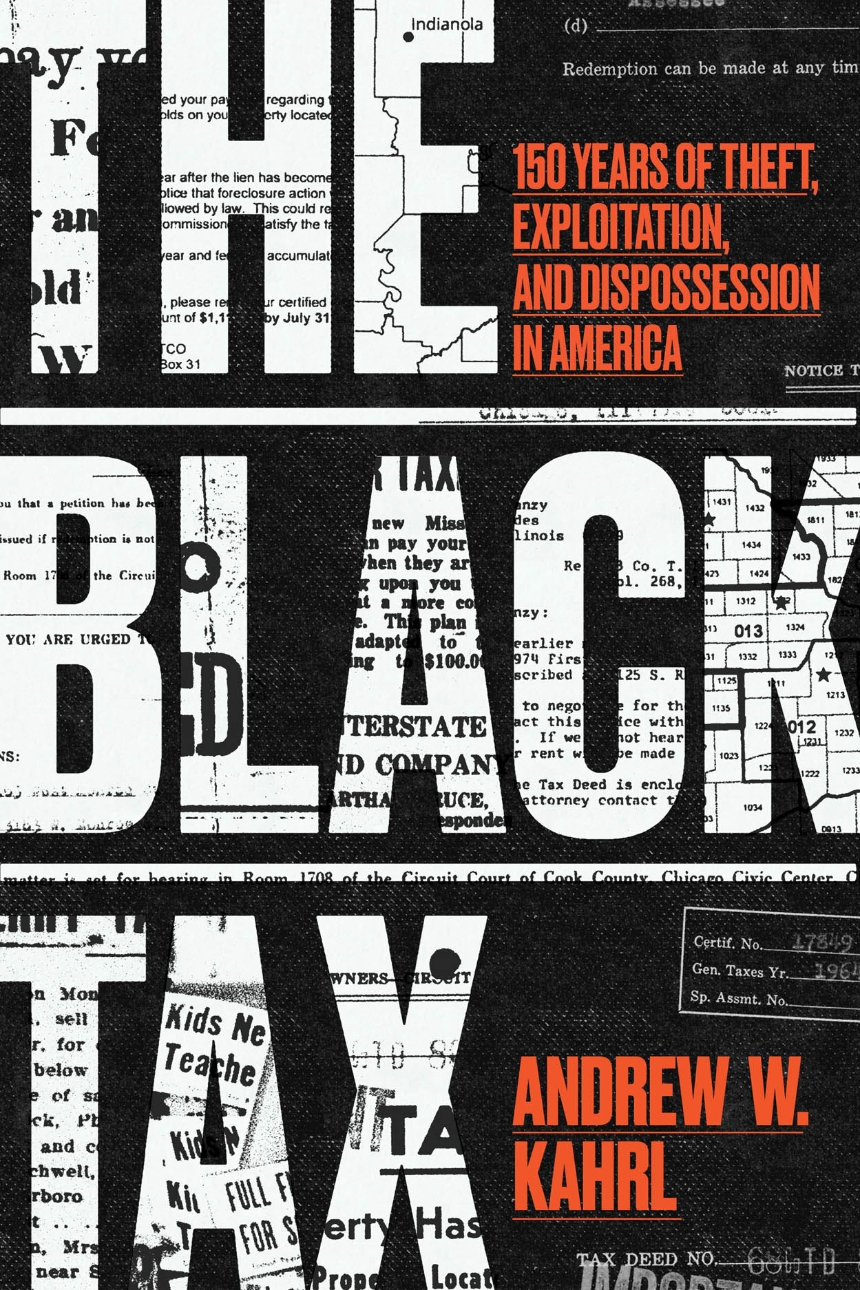
Two Nations: Black and White, Separate, Hostile, Unequal
Book Description
A stark divide fractures America, a chasm so deep that it breeds hostility and inequality. Andrew Hacker's "Two Nations: Black and White, Separate, Hostile, Unequal" confronts the uncomfortable truths of race relations, revealing how systemic barriers shape lives and futures. With piercing analysis and compelling narratives, Hacker dismantles the fantasies of a post-racial society, exposing the raw tensions that still simmer beneath the surface. What happens when the dreams of one nation clash with the realities of another? Explore the powerful forces at play and confront the provocative question: Can unity ever truly triumph over division?
Quick Book Summary
Andrew Hacker's "Two Nations: Black and White, Separate, Hostile, Unequal" provides an unflinching analysis of the deep-rooted divide between Black and white Americans. Drawing from historical context, sociological data, and personal narratives, Hacker confronts the myth of racial progress, arguing that the United States remains fundamentally split along racial lines. He explores the structural barriers—from economic disparity to educational inequality—that sustain this divide and fuel persistent tensions. Hacker critiques assumptions of colorblindness and post-racial harmony, instead revealing how systemic racism and mutual suspicion continue to shape daily life. Ultimately, "Two Nations" serves as both a sobering report on the state of race relations and a call to acknowledge, understand, and redress enduring inequities.
Summary of Key Ideas
Table of Contents
The Enduring Racial Divide in America
Andrew Hacker begins his examination by asserting that America is not one unified nation, but two—Black and white—each with its own realities and prospects. He critiques the persistent illusion that racial progress has led to equality, providing statistical evidence and historical analysis demonstrating that segregation and stratification remain deeply entrenched. The social, political, and cultural boundaries dividing Black and white communities are fortified not only by laws and policies, but by long-standing institutions and attitudes that maintain separation and breed hostility.
Systemic Barriers to Equality
Systemic barriers, according to Hacker, are at the root of ongoing inequality. These are not merely remnants of the past, but active dynamics that filter through employment, housing, the legal system, and social mobility. Hacker shows how these obstacles are perpetuated both subtly and overtly, reinforcing a cycle that denies Black Americans equal access to opportunity. Discriminatory hiring practices, redlining, unequal law enforcement, and political disenfranchisement help solidify the two-nation reality.
Economic and Educational Disparities
A significant focus is placed on the economic and educational chasm between Black and white citizens. Hacker presents evidence of wage gaps, higher Black unemployment, and limited asset accumulation, tracing these disparities to systemic exclusion from wealth-building opportunities. Furthermore, he discusses the unequal quality of education, showing how segregated, underfunded schools severely hinder upward mobility and perpetuate generational inequities. These structural disadvantages create cumulative effects that keep Black communities at a disadvantage.
Social Attitudes and Mutual Suspicion
Beyond structural barriers, Hacker explores how deep-seated social attitudes and mutual suspicions play a powerful role in sustaining division. White fear, resentment, and ignorance combine with Black distrust and frustration, creating an environment where genuine dialogue is rare. The daily interactions between races are often fraught with tension and misunderstanding, making real empathy and connection difficult. Such psychological and cultural factors reinforce physical separation and maintain a sense of “otherness.”
The Challenge of Bridging the Gap
In closing, Hacker challenges the possibility and necessity of bridging this national divide. He acknowledges the daunting obstacles—both systemic and attitudinal—but stresses that honest confrontation of the country’s racial reality is essential. Efforts to build unity must involve acknowledging painful truths, reforming institutions, and fostering open dialogue. Despite the hostility and inequalities, Hacker contends that recognition and action are required steps toward a more equitable and united nation.
Download This Summary
Get a free PDF of this summary instantly — no email required.





